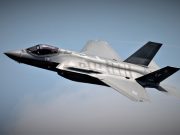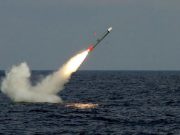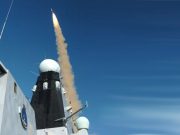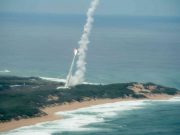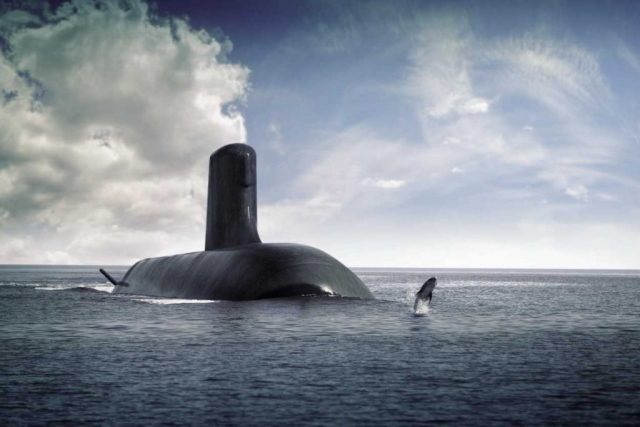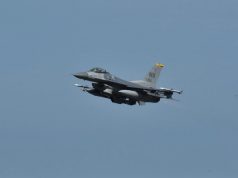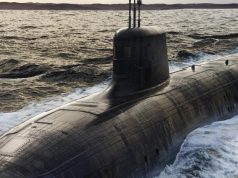Australia appears to have found a solution for the bumpy program to acquire next-generation submarines that will succeed the Collins-class boats currently in service.
According to reports, an imminent announcement will see the US confirm a deal to supply nuclear-powered submarines to the Royal Australian Navy.
This means that the delayed A$90 billion program to buy 12 conventionally-powered attack submarines from French shipbuilder major Naval Group would be axed.
The cancellation of the French deal would cost the Australian taxpayers A400 million, according to reports.
According to Politico, US president Joe Biden will announce a new working group with the United Kingdom and Australia to share defense technology knowledge in what has been perceived as a bid to counter China. Citing sources, the report said the AUUKUS, as the trilateral partnership is to be referred to, will contain a nuclear element under which cooperation on nuclear-defense infrastructure and know-how will be managed.
Update: Speaking at the White House on the launch of the AUUKUS initiative, Australian Prime Minister Scott Morrison confirmed Australia will work with the US on procuring a fleet of nuclear-powered submarines.
Joining him, United Kingdom Prime Minister Boris Johnson said Britain would be supporting Australia in the project.
US president Joe Biden stressed that the Australian Navy would be procuring conventionally-armed nuclear-powered attack boats.
With the announcement in place, the defense ministries of the three countries will be an 18 month consultation period before reaching definitive agreements.
The Australian defense ministry subsequently said it intend to build “at least” nuclear-powered submarines that would be built in Adealaide.
“Nuclear-powered submarines represent a significant capability enhancement, and will allow Australia to play a stronger role in contributing to stability and prosperity in our region. Submarines are an essential part of Australia’s naval capability, providing advantages in terms of surveillance and protection of our maritime approaches. Australia’s new submarines will not carry nuclear weapons,” the defense ministry said.
The government has established a Nuclear-Powered Submarine Task Force led by VADM Jonathan Mead AO to facilitate Australia’s role in AUKUS.
Responding to the announcement, the French defense minister said the decision was “contrary to the letter and the spirit of the cooperation which prevailed between France and Australia, based on a relationship of political trust as on the development of an industrial and technological base of defense of very high level in Australia.”
“The American choice which leads to the removal of an ally and a European partner like France from a structuring partnership with Australia, at a time when we are facing unprecedented challenges in the Indo-Pacific region, whether in terms of our values or on respect for multilateralism based on the rule of law marks an absence of coherence that France can only observe and regret.”
“The only European nation present in the Indo-Pacific with nearly two million of its nationals and more than 7,000 soldiers, France is a reliable partner that will continue to keep its commitments there, as it has always done.
The regrettable decision which has just been announced on the FSP program only reinforces the need to raise the issue of European strategic autonomy loud and clear. There is no other credible way to defend our interests and our values in the world, including in the Indo-Pacific,” the French defense ministry statement read.
According to ABC, the submarines that could be supplied by the US would likely be the nuclear-powered Virginia-class boats, which would be based in Western Australia.
The radical restructuring of the program comes after a significant roadblock had been removed earlier this year, when France and Australia had to make financial amendments to the “strategic partnering agreement.” In addition, the amended agreement obliged Naval Group to spend at least 60 per cent of the contract value in Australia over the life of the program.
Shortly after the roadblocks were removed in March, another report emerged in May, revealing that Australia had commissioned senior navy figures to look into alternative options for the program.




